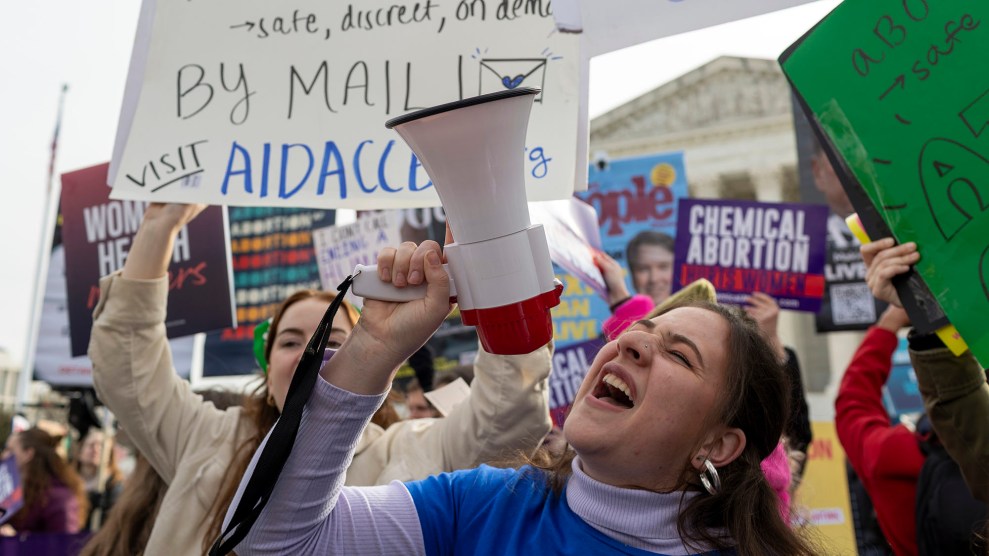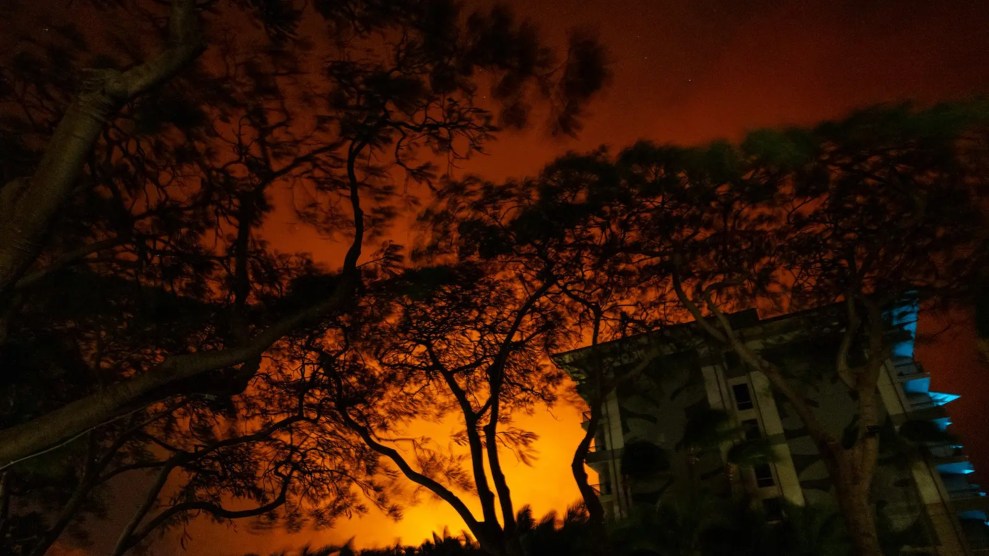
Harry Markopolos is the independent financial fraud investigator, who, over a period of nine years, tracked Bernie Madoff’s $50-billion Ponzi scheme, screaming to the heavens when no one would listen. Testifying this morning before the House Financial Services Committee, he took an opportunity to speak directly to the Russian mafia and other organized crime figures who lost billions when Madoff’s hedge fund imploded. “I’m the good guy here!” he said, eager to have them understand that he was only protecting their investments from a financial predator. Madoff’s victims in the US tended to be Jewish (“Ponzi schemes are first and foremost an affinity fraud,” says Markopolos), whereas overseas he preyed on mafiosi, royal families, blue-blooded aristocrats, and the nouveaux riche. (It’s interesting to note that his victims also indirectly included Iraqi refugees.)
Markopolos is used to living with danger. A former Army Special Forces operator, he told Congress that he and his small team of volunteers have all feared for their lives at various points during almost a decade of building a case against Madoff. His testimony (.pdf) reads like a John le Carré spy novel, detailing how he and three other independent investigators secretly conspired against huge odds and physical dangers to bring down one of the worst white-collar criminals in American history. “If Mr. Madoff was already facing life in prison, there was little to no downside for him to remove any such threat,” Markopolos said. “Neither my team nor I had any personal knowledge of Mr. Madoff or his psychological make up. As such we had only the conclusions of our investigation into his fund to surmise of what he may have been capable. We did know, however, that he was one of the most powerful men on Wall Street and in a position to easily end our careers or worse.”
Markopolos began looking into Madoff’s fund in 1999 when his then-employer asked him to study its success with an eye towards creating a competing hedge fund. Almost immediately, though, he smelled dirt. “In less than four hours I knew I had proved mathematically that [Maddof] was a fraud,” he said. It was only a question of uncovering the details of how the swindle worked. Maddoff’s “math never made sense, his performance charts were clearly deceiving, and his return stream never resembled any known financial instrument or strategy… to believe in [Madoff] was to believe in the impossible.”
It seems that many people did believe in the impossible. This perhaps comes as no surprise: if you’re making tons of money, there’s little incentive to investigate where it’s coming from. Besides, Madoff’s scheme was purposely devised to be as complex and undecipherable as possible. I won’t even attempt an explanation here (for that, read the complete text of Markopolos’ statement), but suffice it to say that Madoff was the Michelangelo of financial fraud. The scheme was complicated enough “that even market professionals without derivatives experience would have trouble keeping track of all the moving parts… [Madoff] knew most wouldn’t understand it and would be embarrassed to admit their ignorance so he would have less questions to answer. And, with Ponzi schemes, you never ever want the victims to understand how the sausage is made.”
Not everyone was fooled by Madoff, of course, and it’s this fact that forms the most troubling part of Markopolos’ testimony—and the part most relevant to the future. The whistleblower describes repeated attempts to report Madoff’s financial crimes to the Securities and Exchange Commission (SEC) as far back as 2000. No one took him seriously, and indeed he complains of rude, arrogant treatment at the hands of senior SEC officials and lawyers whom he describes as “financially illiterate.” He pulls no punches in spreading the blame around: “What troubles us is that hundreds of highly knowledgeable men and women also knew that [Madoff] was a fraud and walked away silently… How can we go forward without assurance that others will not shirk their civic duty? We can ask ourselves would the result have been different if those others had raised their voices and what does that say about self-regulated markets?”
Good questions, to be sure, and hopefully ones that federal regulators will consider carefully. But ultimately the blame lies with all of us, says Markopolos. “These troubles were of our own making and due solely to unchecked, unregulated greed. We get the government and the regulators that we deserve…”
Photo used under a Creative Commons license from Shiny Things.















